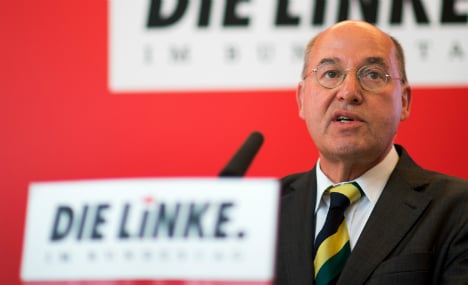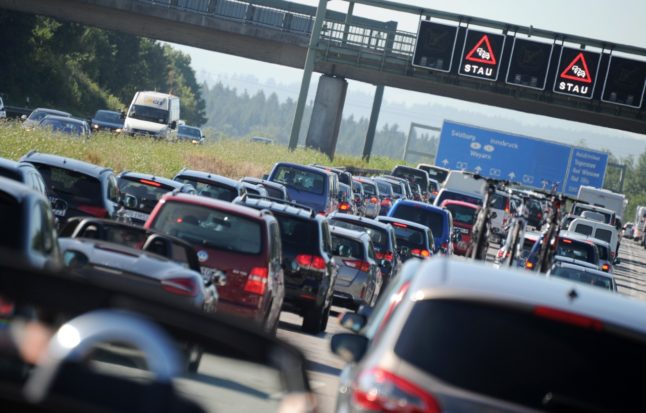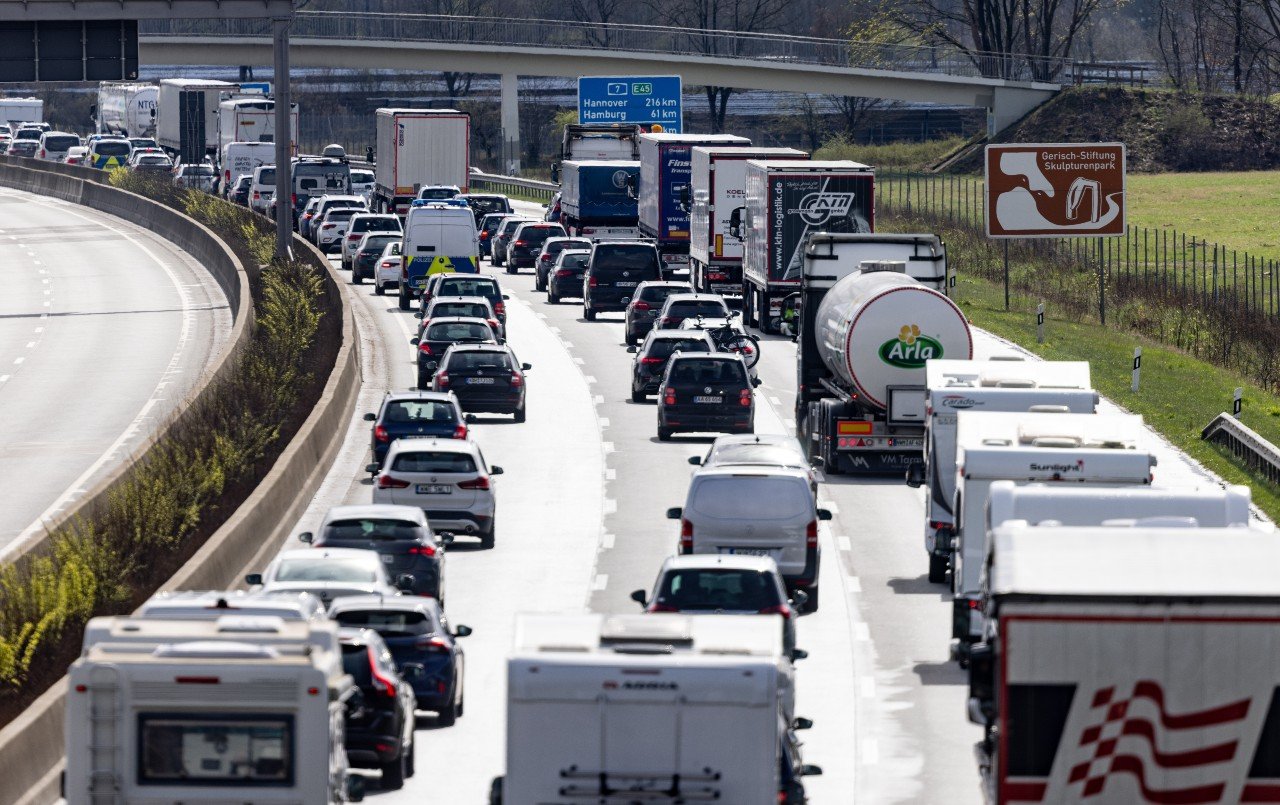The Linke, for Gysi, is the family business.
Growing up in the German Democratic Republic (GDR), Gysi 's father was a promininent member of the Socialist Unity Party (SED) and served as Minister of Culture.
His uncle Gottfried Lessing founded the Southern Rhodesia Communist Party in what is now Zimbabwe before joining the Communist Party in Britain.
Just don't ask about that sister who went on to become an actor and eventually left the East German state in 1985.
Gysi's SED membership card was first stamped in 1967 at the age of 19. As the end came near, Gysi worked on the reform of the Travel Bill, whose announcement by a confused Günter Schabowski led to the opening of the Berlin Wall on November 9, 1989.
A month later, Gysi's reformist position within the party made him a natural choice to overtake the chairmanship from Egon Krenz after the SED stepped down from its rule of East Germany.
On Sunday, 25 years after it all went down, Gysi, still key at the Linke party spawned from the SED, apologized with two other leading party comrades.
"Today we renew our apology for the past injustice and our recognition that we must guard democracy and the rule of law jealously."
It was in response to the 4,000 people in Erfurt who protested the coming Red-Red-Green coalition that would put a Linke party politician in charge.
The demonstration prompted federal Green party chief Katrin Göring-Eckhardt to say "Without an apology to its victims, the Left cannot rule."
Days before, singer Wolf Biermann dedicated a song to the Linke where he called the party "dragon spawn" and "rotting vermin".
Gysi has remained at the forefront of the party as it evolved from the SED to the Party of Democratic Socialism until the they joined with upstart party The Electoral Alternative (WASG) and renamed themselves to simply Die Linke, or The Left.
It is through his long-time involvement that Gysi, now parliamentary leader for his party, faces most controversy.
Numerous people have come forward alleging that the politician colluded with the East German secret police, the Stasi, during his time as a lawyer, when he represented high profile political dissidents like Bärbel Poppe and Robert Havemann.
Gysi has challenged all the allegations in court and none of them have stuck.
And despite the allegations and the persistent bitter taste the word Stasi leaves in the collective German mouth, Gysi continues to be re-elected.
It probably helps that he has always maintained his status as a party critic.
He has criticised the East German government, once saying "the [Berlin] Wall was nothing but stupidity." He defended Chancellor Angela Merkel, herself born in the GDR, when a book accused her of being an informatnt for the SED.
And above all, he maintains that he's honest: "I am really not a trickster," he said in a 1994 Spiegel interview.
He also manages to put on a good show. After being chased into a toilet by two crtics of the Israeli state, he told a journalist "I would rather not report to you over my visits to the toilet."
It was just enough to make the press forget that on the Friday before, he took a speech that was supposed to be about the fall of the wall and instead reminded everyone that there are still discrepancies in East and West German pensions.
A sign of a true politician.





 Please whitelist us to continue reading.
Please whitelist us to continue reading.
Member comments